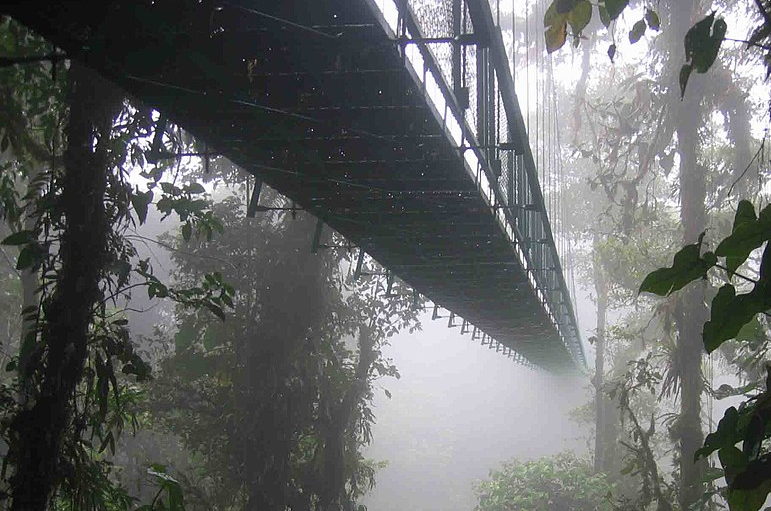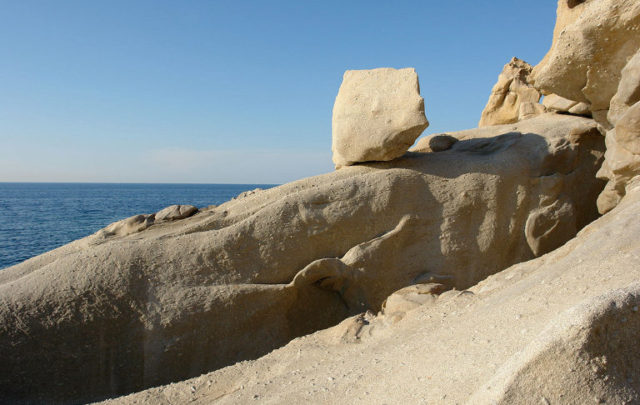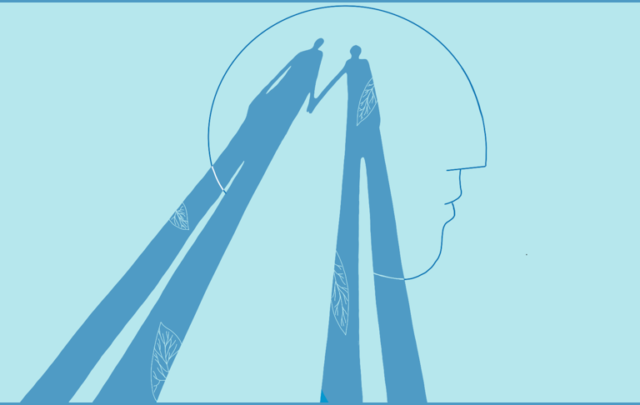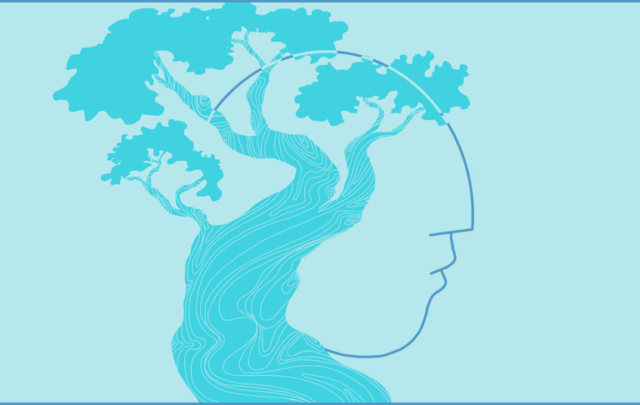Dr. Andreas Weber is a Berlin based book and magazine writer, translator, and independent scholar. He has degrees in Marine Biology and Cultural Studies. Andreas’ work focuses on a re-evaluation of our understanding of the living. He proposes to understand organsims as subjects and hence the biosphere as a meaning-creating and poetic reality. He has put forth his ideas in several books and has contributed to major German newspapapers and magazines. He teaches at Leuphana University Lüneburg and at Berlin University of the Fine Arts. His latest book, The Biology of Wonder. Aliveness, Feeling, and the Metamorphosis of Science (New Society Publishers, Gabriola Island, B.C) appears in early 2016.
Nourishing Community in Pandemic Times
Animism, the enactment and culture of interspecies reciprocity, cannot teach us how to better manage “natural objects”, but shows how to sustain a cosmos giving life to all its members. This will require us to rethink traditional sustainable practices.
May 26, 2020
Patterns of Commoning: Reality as Commons, A Poetics of Participation for the Anthropocene
How, exactly, do the many, burgeoning posthumanist interpretations of our time fail to grasp the cosmos as a creative reality? Let us begin with the Anthropocene.
June 28, 2018
The Twelve Days (and Months) of Climate Justice Day Ten: Being(s) Fully Alive: The New Science of Enlivenment and the Struggle for Climate Justice
Linking science and spirituality more closely to our own and others’ worlds, and seeing these entangled worlds through the lens of poetic objectivity is challenging – and humbling – stuff.
January 10, 2017
Towards Cultures of Aliveness: Politics and Poetics in a Postdualistic Age, an Anthropocene Manifesto
Enlightenment thinking is coming to an end. The "Anthropocene" claims to step beyond the dualism of man–nature opposition.
December 17, 2015
Basic Principles of Enlivenment: Working with Paradoxes
In the center of this stands the certainty that all lived reality, be it physiological, ecological, emotional, sociological, political, economical or artistic, is paradox.
August 28, 2013
First-Person-Science: Towards a Culture of Poetic Objectivity
For the last 400 years or so science has relied on an “objectivity” provided by rational thinking and measurements.
August 15, 2013





